Mark Hamill’s choice for the best Star Wars film is the same as most audiences and critics.
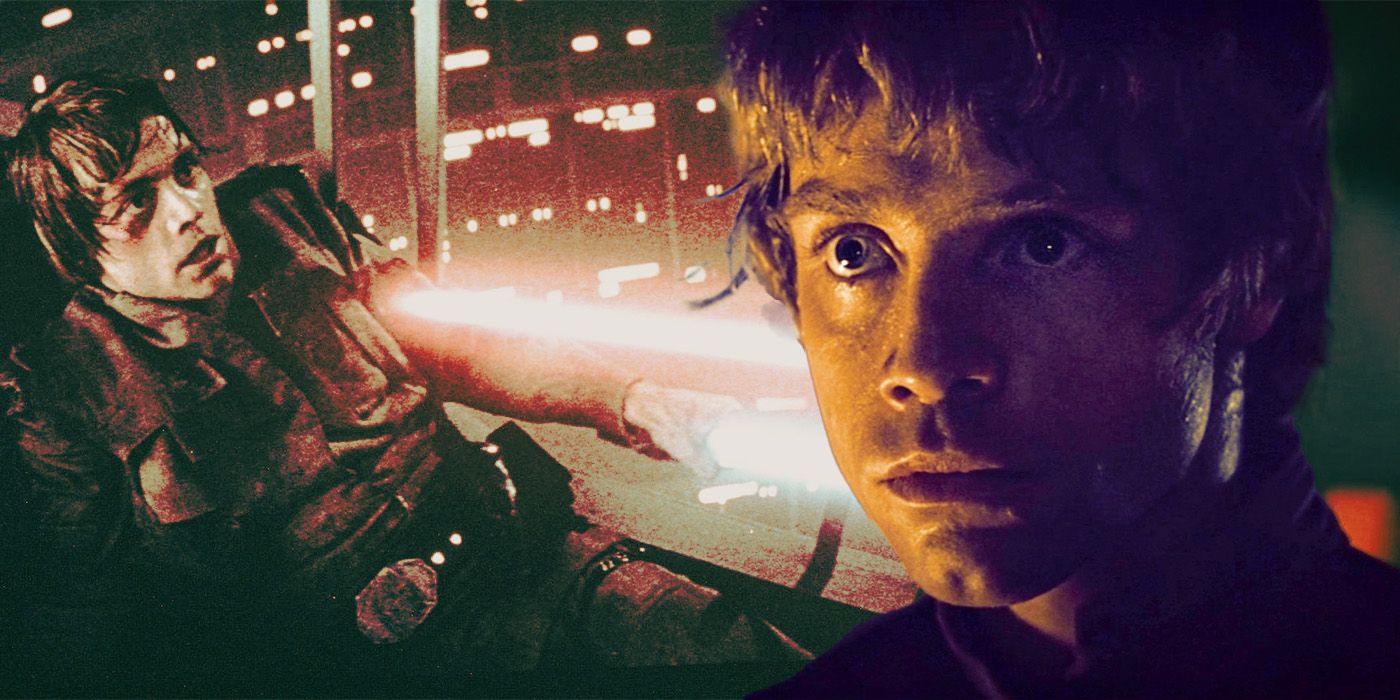
With his iconic portrayal of Luke Skywalker, the centerpiece character within the Star Wars franchise, Mark Hamill, who was 25 when the first Star Wars film was released in 1977, has achieved virtually unmatched pop culture status and is uniquely qualified to pass judgment on the entire franchise. Indeed, Hamill has been very candid regarding his disapproval of the Star Wars sequel trilogy films. Hamill was disappointed over the decision to kill Han Solo before Han and Luke could have a proper reunion. Moreover, Hamill also criticized the sequel trilogy for its lack of originality, especially in terms of how Luke’s origin was essentially transferred over to Daisy Ridley’s Rey, whose journey throughout the sequel trilogy essentially mirrors that of Luke within the original Star Wars film trilogy.
In contrast, Mark Hamill has expressed continual appreciation for the original Star Wars trilogy films, especially The Empire Strikes Back, the trilogy’s bold, dark middle installment, which Hamill has described as being his favorite Star Wars film. With his endorsement of The Empire Strikes Back, Hamill echoed the enduring sentiment of the majority of audiences and critics, who have proclaimed The Empire Strikes Back to be not just the best of the Star Wars films, but also one of the most groundbreaking and influential films in history.
The Empire Strikes Back Is More Complex and Visionary Than Star Wars
While the first Star Wars film was certainly groundbreaking through its creation of an iconic space opera mythology and various technical innovations, The Empire Strikes Back, which opens approximately three years after the end of Star Wars, is a triumph of imagination, storytelling, and visionary wonder. This sequel’s unconventional approach is a testament to the courage of George Lucas, who was willing to take the series in a darker direction despite the fact that the cheerfulness and fun of Star Wars resulted in a blockbuster commercial success. Compared to the celebratory, joyous tone that Star Wars ends with, The Empire Strikes Back places its heroic characters in a world of deepening danger and despair.
As the sequel’s title makes clear, the rebel fleet, despite having destroyed the Death Star, is again on the run from the Empire and forced to hide on the remote ice planet Hoth, where the rebels simply hope to rest and survive until the Empire pinpoints their location and forces them to flee again. While Star Wars dazzled audiences with scenes of space warfare, The Empire Strikes Back introduces fascinating new worlds, like the swampy planet Dagobah, where Luke first encounters Yoda, whose puppeteer-engineered presence in the film reflects more character, history, and wisdom than most human actors are capable of. If any non-human performance in history has ever been deserving of an Academy Award, it’s Yoda.
Luke Skywalker Confronts His Destiny
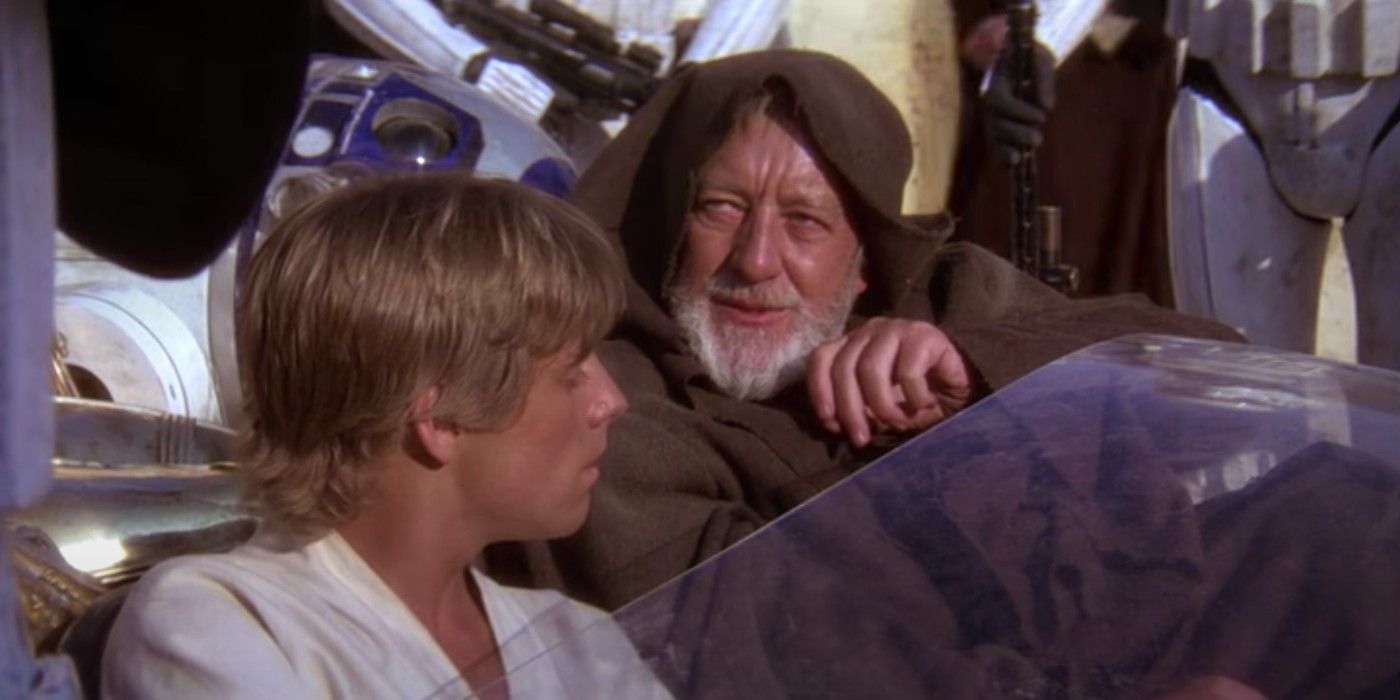
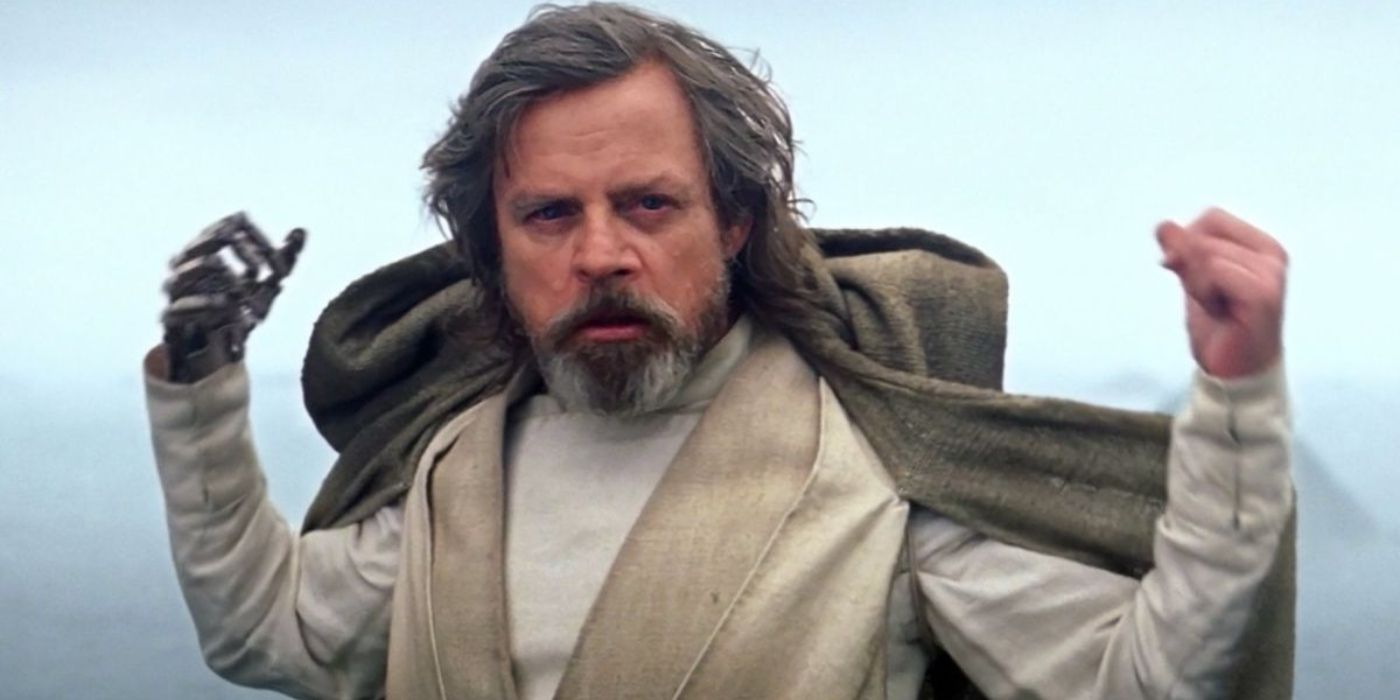
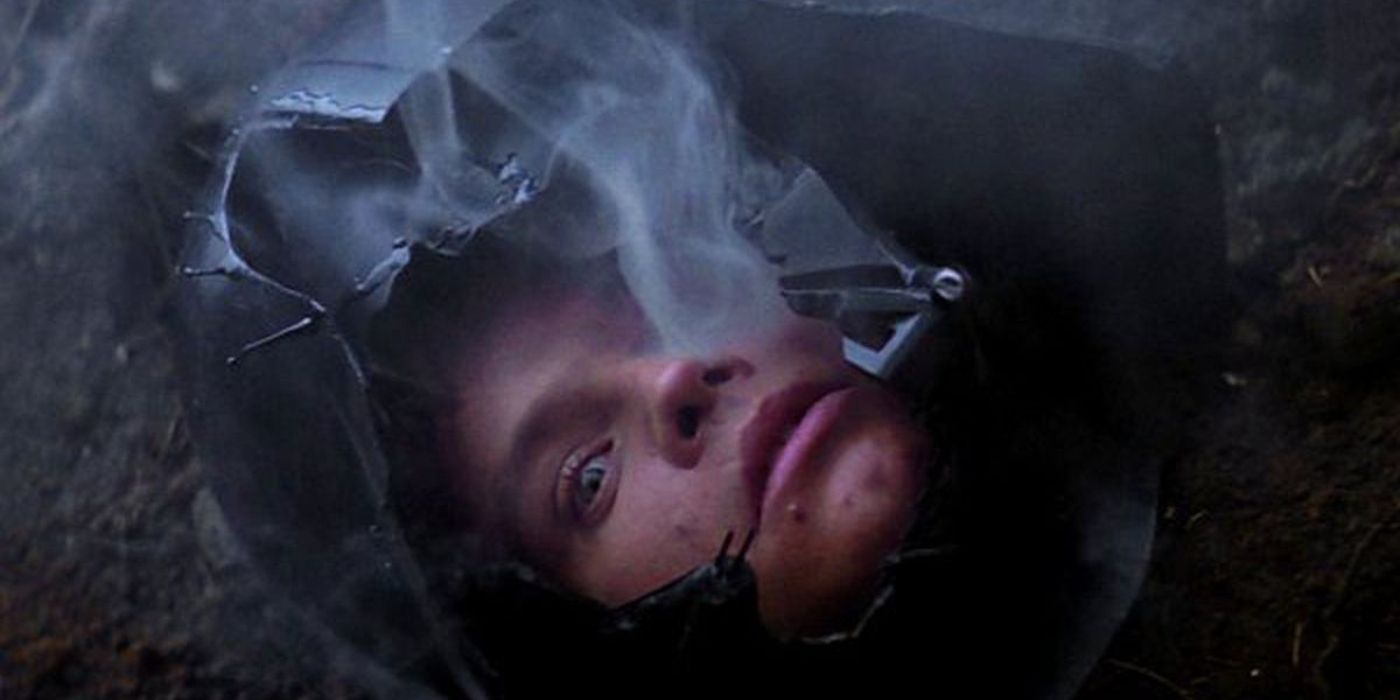
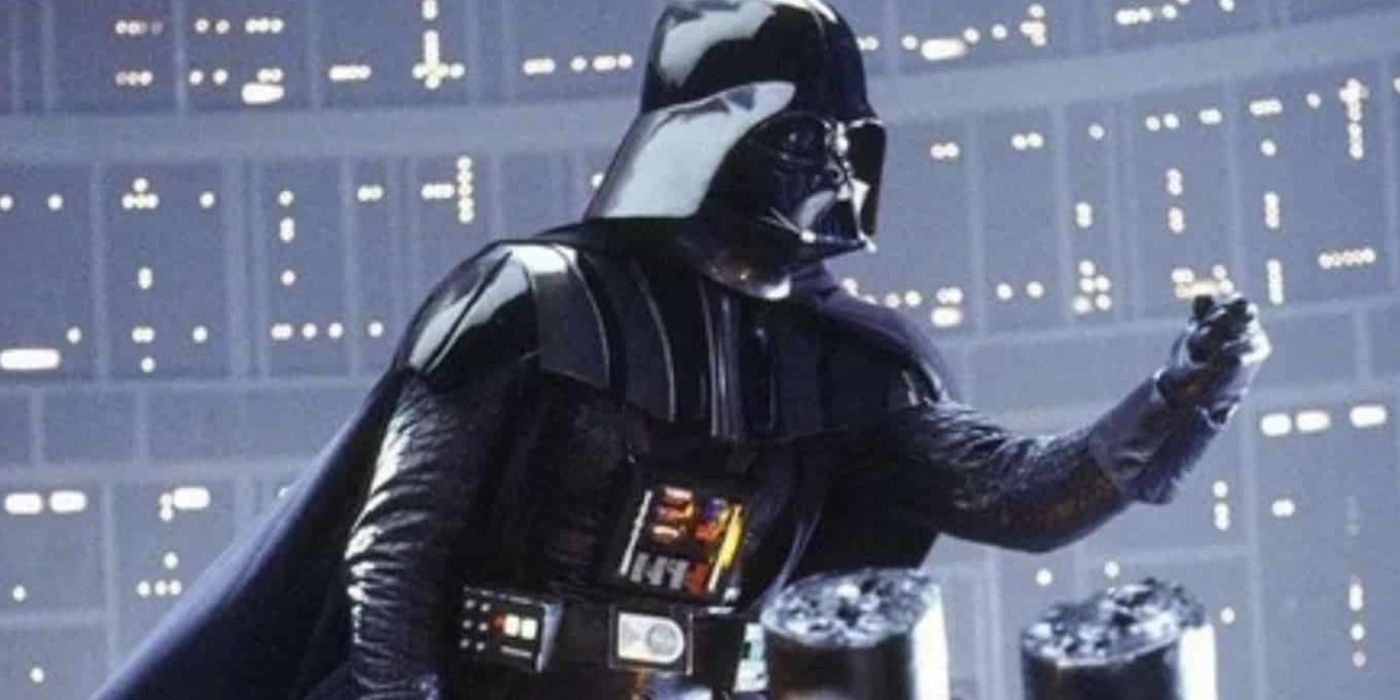




The darker tone of The Empire Strikes Back is reflected most clearly by the feelings of deception, fear, and suffering that Luke Skywalker encounters in the course of confronting his destiny through his relationship with Darth Vader, who, of course, eventually reveals himself to be Luke’s father, in one of the most shocking plot twists in history. Luke isn’t ready for his confrontation with Darth, both in terms of their duel and the shocking revelation about the true nature of their relationship. After Darth tells Luke that he is his father, Luke chooses to leap down into a cavernous air shaft rather than be Darth Vader’s son.
The only alternative for Luke, whose right hand was severed by Darth during their lightsaber duel, was to be captured by Darth and then tortured by Darth and the Emperor until Luke submitted and became the next Darth Vader. While Luke survives this suicide attempt, he’s left with an artificial right hand, which serves to remind Luke of how susceptible he is to following Darth to the dark side and eventually becoming, in the words of Obi-Wan Kenobi, more machine than man.
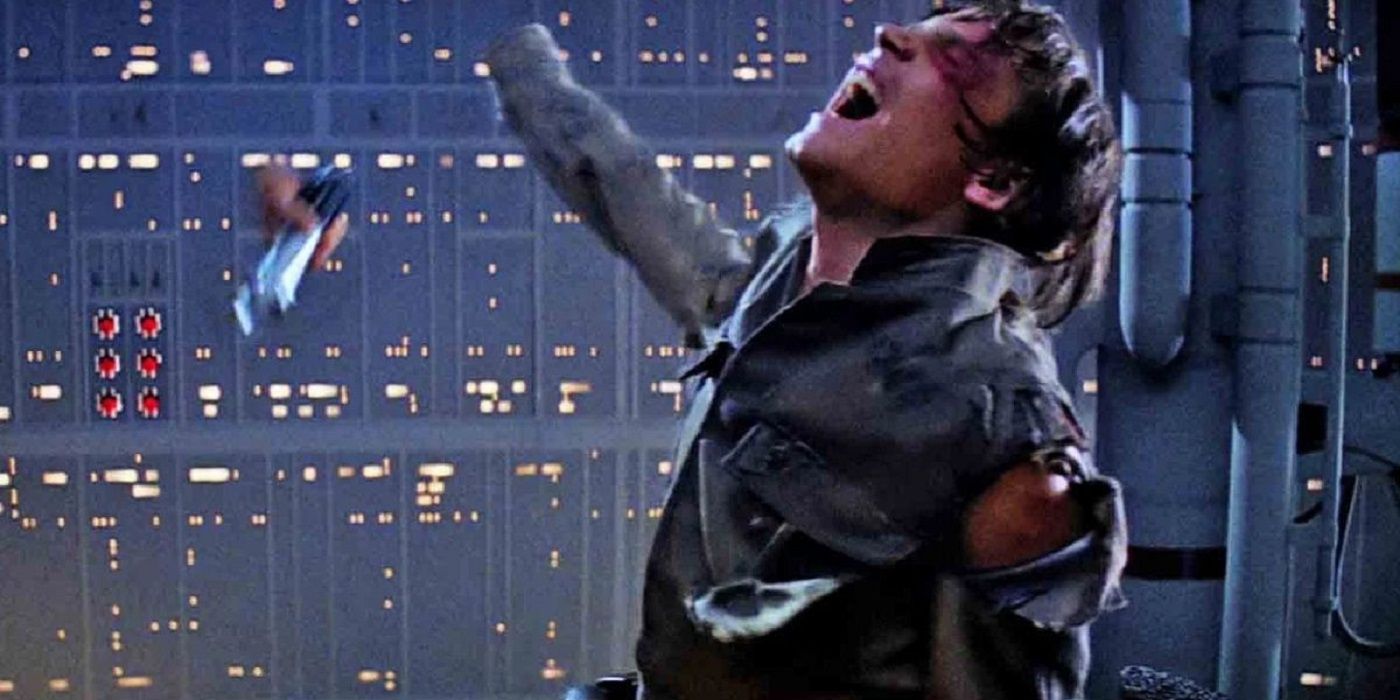
There are no easy answers for Luke in The Empire Strikes Back. Luke’s decision to confront Darth Vader is driven by Luke’s desire to rescue his friends from Darth Vader, who holds Han Solo and Princess Leia hostage on the floating Cloud City to lure Luke into Darth’s trap. Moreover, Luke leaves Dagobah to confront Darth against the advice of Obi-Wan and Yoda, who urge Luke to avoid a confrontation with Darth until Luke completes his Jedi training, even if Luke’s friends die as a result.
Why Does Mark Hamill Believe That The Empire Strikes Back Is the Best Star Wars Film?
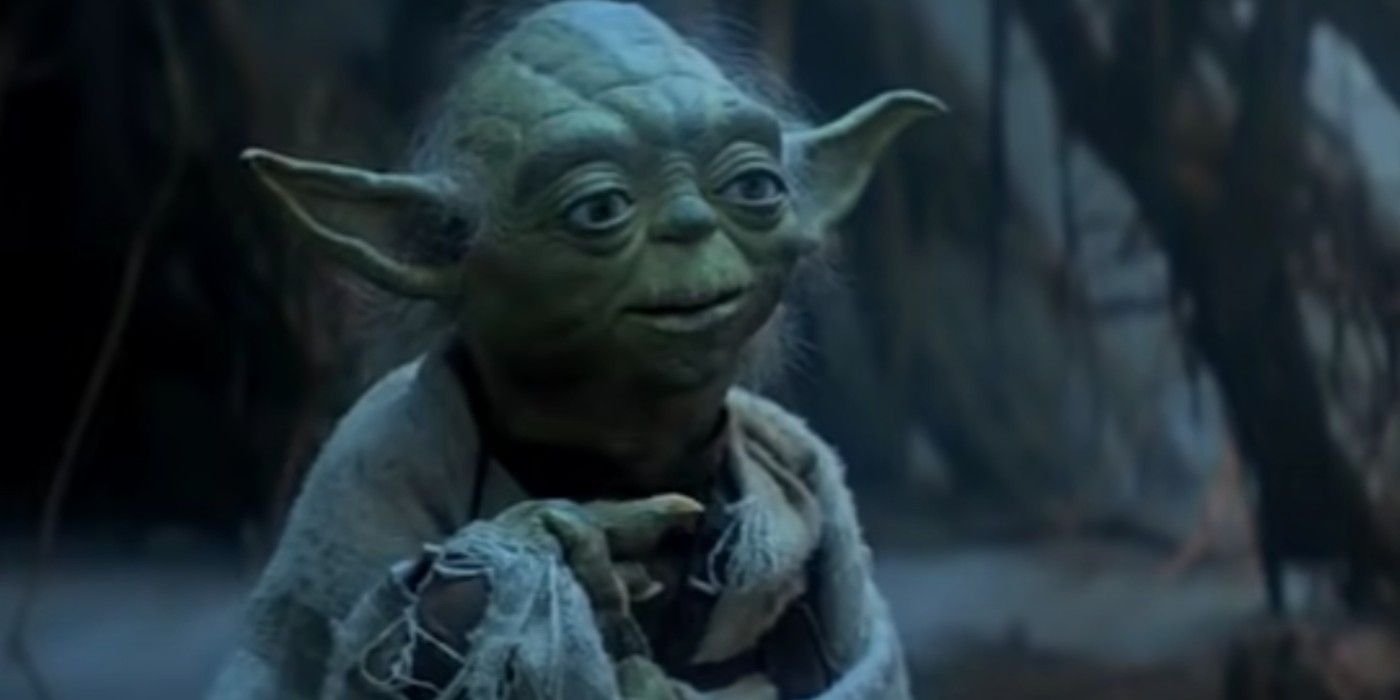
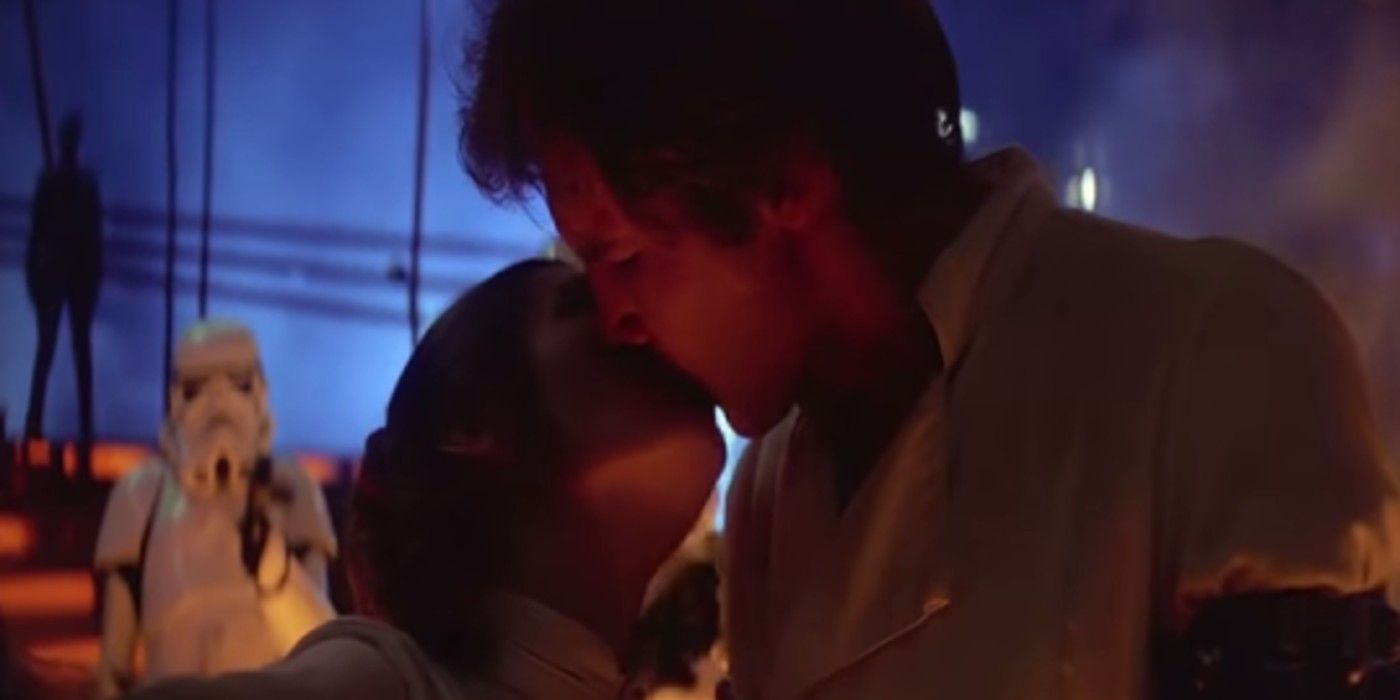
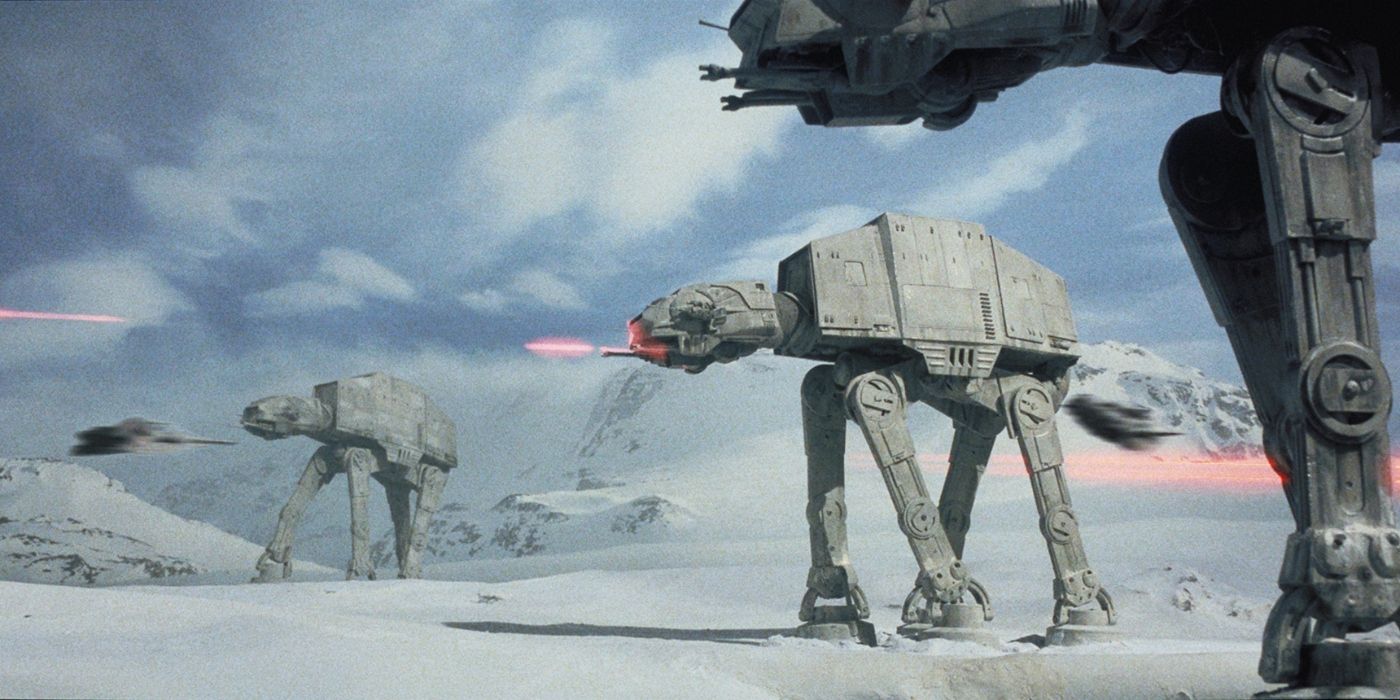



Given the evident lack of enthusiasm that Mark Hamill has expressed for the sequel trilogy films, it’s hardly surprising that Hamill’s favorite Star Wars film is The Empire Strikes Back, in which Hamill’s Luke Skywalker embarks on one of the most fascinating and revolutionary journeys in the history of fiction. Indeed, while The Empire Strikes Back is certainly distinguished by its technical excellence, the shattering repercussions of the film’s climatic revelation are most responsible for instilling mythic importance within the Star Warsfranchise, in which The Empire Strikes Back serves as the emotional core.
In a 2019 podcast interview with The Hollywood Reporter, Hamill said:
“I guess I’d have to go with Empire, only because it was so unexpected to have the protagonist be so soundly defeated. Losing the hand and the dad, Vader, all of it was pretty unexpected, and it was much more cerebral. Yoda is such an important addition to the mythology. I thought that it was so clever of George [Lucas}, [with] the concept of the Force, so you can talk about religion and spirituality without making everyone uncomfortable.”